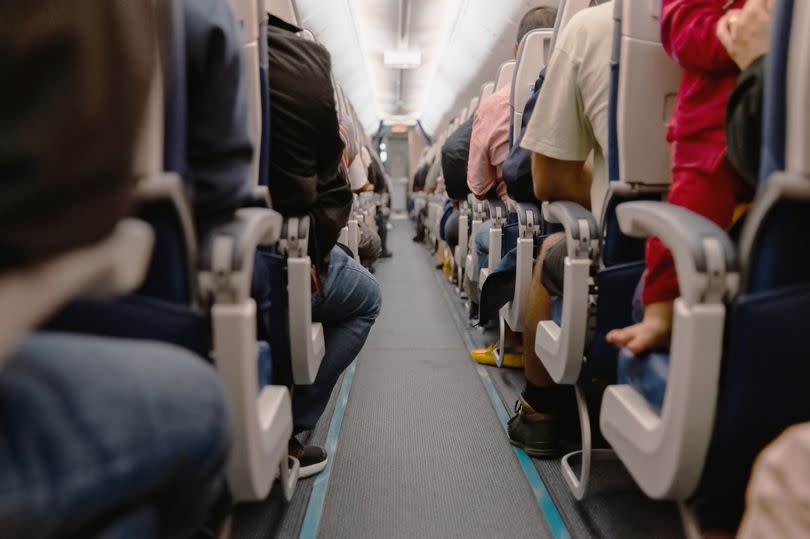Passengers warned of fruit banned on planes as it could 'spontaneously combust'

Passengers are being cautioned about a specific fruit that is strictly forbidden on airplanes. The fruit is banned from being packed in luggage due to its potential to 'spontaneously combust'.
The International Air Transport Association's Dangerous Goods Register (IATA) latest list of prohibited items for flights includes one particular food item. It might be surprising, but coconuts can pose a major safety risk.
While travellers are allowed to pack whole coconuts in both their hand luggage and hold luggage, the dried coconut meat inside, known as copra, is problematic. Coconut meat is rich in oil, making it highly flammable and a potential fire hazard.
As a result, most airlines have banned it due to the fire risk it poses. It is not permitted in either carry-on or checked baggage.
The only exception to this rule applies to retail-packaged coconut products. The IATA classifies dried coconut as a Class 4 Dangerous Good, marking it as a flammable solid.
Copra is classified as prone to spontaneous heating under normal conditions encountered during air transport. Dried coconut is so flammable that it shares company with items like matches, firelighters, metal powders and sodium batteries on IATA's Dangerous Goods list.
According to a statement found on the official IATA website: "IATA works closely with local governments and ICAO in the development of regulations. This way, we ensure that the rules and guidelines on dangerous goods transport are effective and operational practical.
"The IATA Dangerous Goods Regulations (DGR) manual is the global reference for shipping dangerous goods by air and the only standard recognised by airlines."
In the meantime, the Civil Aviation Authority has put highly combustible coconut meat on their list of items that are banned from being transported in hand luggage. Other items:
Liquid oxygen
Stunning devices
Ammunition
Guns, firearms and all other devices that discharge projectiles, including replicas
Camping stoves
Mercury thermometers
Explosives including fireworks
Blunt instruments including baseball bats and fishing rods
Chemical or toxic substances
Tools including drills and crowbars
Sharp objects including knives and razor blades - though disposable razors are allowed
Hoverboards
"Smart Luggage" (a bag or suitcase with a battery)
Party poppers
Print and toner cartridges that weigh more than 500g
So far, there have been no incidents of coconuts blowing up on planes, thankfully. Any of the following items may be freely brought into Britain from any other country, without limitations:
bread, but not sandwiches filled with meat or dairy products
cakes without fresh cream
biscuits
chocolate and confectionery, but not those made with a lot of unprocessed dairy ingredients
pasta and noodles, but not if mixed or filled with meat or meat products
packaged soup, stocks and flavourings
processed and packaged plant products, such as packaged salads and frozen plant material
food supplements containing small amounts of an animal product, such as fish oil capsules
There are specific restrictions on what can be imported into the UK. Those coming from EU countries, Switzerland or Liechtenstein are free to bring fruit (except non-commercially packaged coconut flesh), vegetables, nuts, and seeds for personal usage.
However, those travelling from other nations should observe different regulations, including having a 'phytosanitary' (related to plant health) certificate when carrying fruit and vegetables.

 Yahoo News
Yahoo News 
